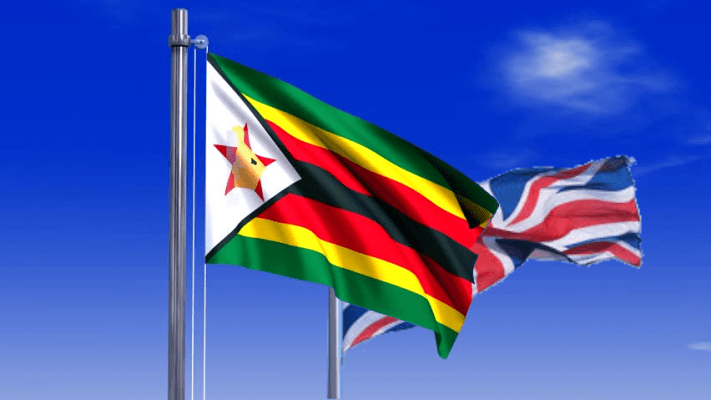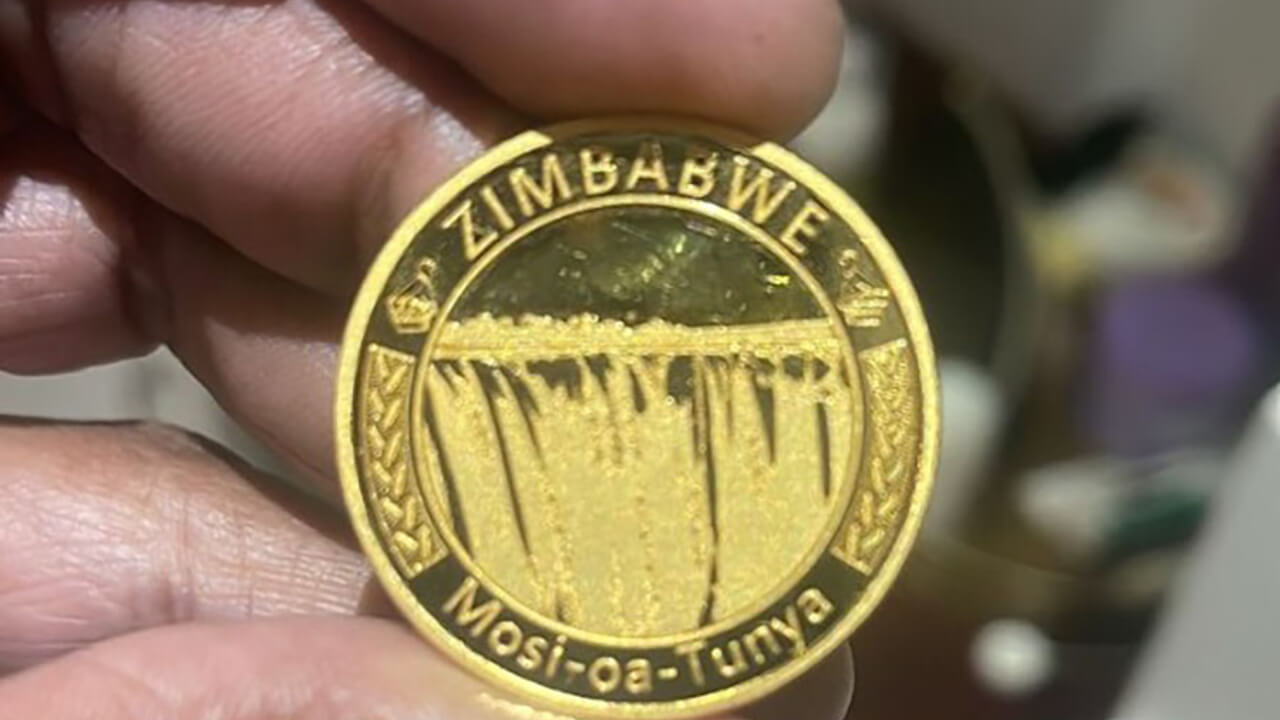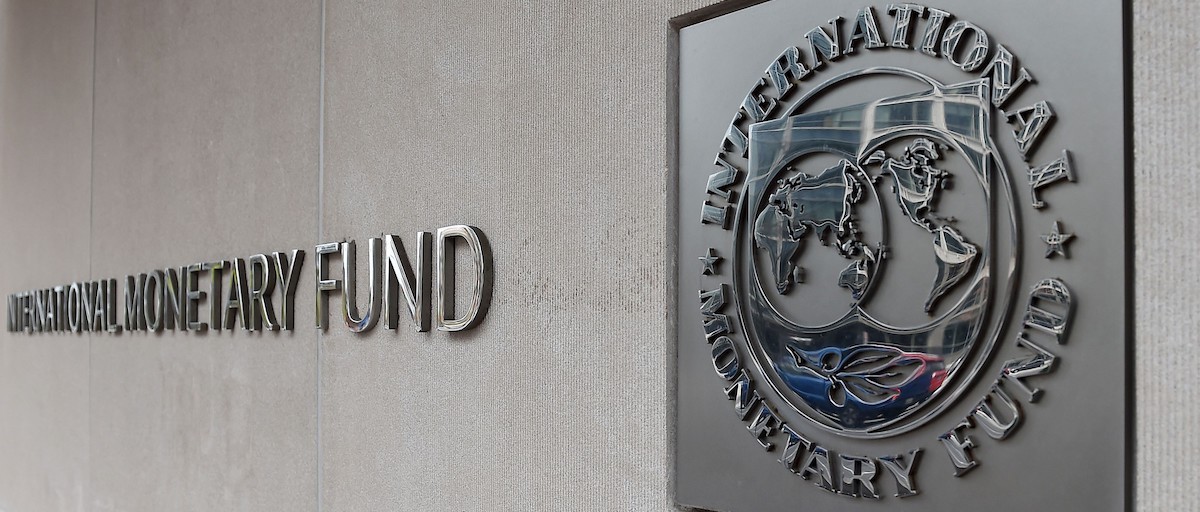Remarkable progress in arrears clearance
ZIMBABWE is making remarkable progress on its Arrears Clearance and Debt Resolution mission with trust and goodwill growing among partners as international funders are warming up to the process with the International Monetary Fund (IMF) agreeing to start the process of engagement on some programmes, a Cabinet Minister has said.
The IMF is due to start the Staff Monitored Programme during the fourth quarter of 2023 or the first quarter of 2024.
In December 2022, the Government established a structured dialogue platform (SDP) with all creditors and development partners, to institutionalise structured dialogue on economic and governance reforms to underpin the arrears clearance and debt resolution process.
Zimbabwe’s debt clearance process is being championed by African Development Bank president Dr Akinumwi Adesina and former Mozambican President Joaquim Chissano, who has been designated as High-Level Facilitator.
President Mnangagwa appointed Dr Adesina as a champion in July 2022.
Zimbabwe is in arrears for servicing its debt, with arrears to multilateral development banks, including the African Development Bank, the World Bank and the European Investment Bank.
Giving an update on Arrears Clearance and Debt Resolution process, Finance and Economic Development Minister, Professor Mthuli Ncube yesterday said since the establishment of the SDP, commendable progress has been achieved with growing consensus and confidence in the process, promoted by a transparent and inclusive consultative process.
To date, five SDP meetings have been held including a High-Level Debt Resolution Forum focusing on three pillars that include economic reforms, governance reforms and land Tenure Reforms, Compensation of Former Farm Owners and the
Resolution of Bilateral Investment Protection and Promotion Agreements (BIPPAs). The Government resettled over 400 000 families on land reclaimed from former farmers under the Fast Track Land Reform Programme
Another area identified for implementation is the conduct of free, fair and peaceful elections, signing off an IMF Staff Monitored Program (SMP) and combating corruption.
Prof Mthuli Ncube
The country will hold harmonised elections on August 23, next week.
The reforms are discussed in technical meetings that incorporate representatives from the Government, international creditors, development partners represented by their ambassadors, the private sector and civil society organisations.
The transparent and inclusive consultative process has seen the IMF agreeing to implement some programmes, he noted.
“In line with the Roadmap, in June 2023, upon the Government of Zimbabwe’s request, the International Monetary Fund (IMF) agreed to start the process of engagement on a Staff Monitored Programme, which is expected to commence during the fourth quarter of 2023 or first quarter of 2024,” said Prof Ncube.
“To cushion the vulnerable during the SMP implementation period, the Government is seeking for a ‘wet’ SMP, for which funding is required for social protection, education, health, agriculture/food security and climate change,” he added.
Prof Ncube stressed that the successful implementation of the Arrears Clearance and Debt Resolution process is critical for the country to unlock new external financing, needed to achieve National Development Strategy -1 objectives.
“The country’s sustainable economic recovery agenda requires the support of Development Partners and International Financial Institutions through a comprehensive Arrears Clearance and Debt Resolution process,” he said.
Prof Ncube said the Structured Dialogue Platform meetings are supported by three Sector Working Groups (SWGs), which have developed the Policy Reform Matrices under the three pillars.
Government takes full ownership and is committed to the Arrears Clearance and Debt Resolution process, through the implementation of reforms outlined in these three Matrices, he said.
Prof Ncube said reflecting the Second Republic’s commitment to reform, Government has started implementing the reforms contained in the three Policy Reforms Matrices, specifically those in the Economic Reforms Matrix, through policy measures for macroeconomic stabilisation to instil confidence, strengthen demand for the local currency, and foster market discipline.
For instance, he said the treasury recently increased the retention of domestic foreign currency sales to 100 percent resulting in domestic businesses accessing more foreign currency from the market and this will translate into additional US dollar deposits in the banking system.
There has been further enhancement of Foreign Exchange Auction System to a pure Dutch wholesale auction system. From June 1, all winning bids are being settled within 24 hours of award.
Added to that, the Government through the Reserve Bank introduced Gold-Backed Digital Tokens to complement physical gold coins, as part of widening saving instruments to reduce demand for the US dollar.
Further to that, the assumption of all RBZ external loans by the Treasury is well underway and will result in all external liabilities being funded transparently through the national budget.
“Since the beginning of June 2023, Government has been funding the Zimbabwe dollar component of the 25 percent foreign currency surrendered by exporters, in order to eliminate the creation of additional money supply and utilised the same in servicing the foreign currency loans assumed from the RBZ,” said the minister.
As part of wider interventions to promote the use of the local currency, the Government mandated corporates to settle 50 percent of the foreign currency portion of their tax obligation in local currency for the June 2023 Quarterly Payment Date (QPD).
Other measures introduced by the Government include enforcement of the use of domestic currency by Government agencies and payment of excise duty in local currency, with the exception of designated or luxury goods to further increase the demand for the local currency.
Restrictions on importation of basic goods were lifted in order to enhance the supply of basic goods on the market to promote competition thereby resulting in a reduction in prices.-chronicle











